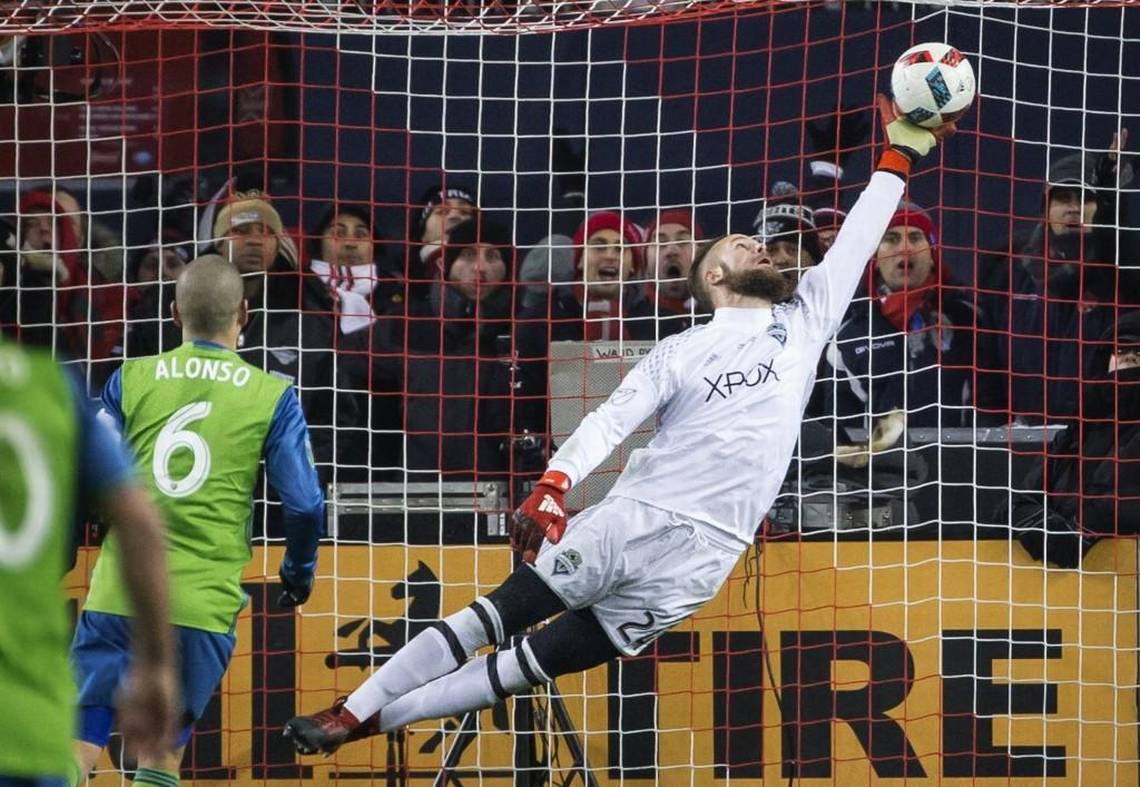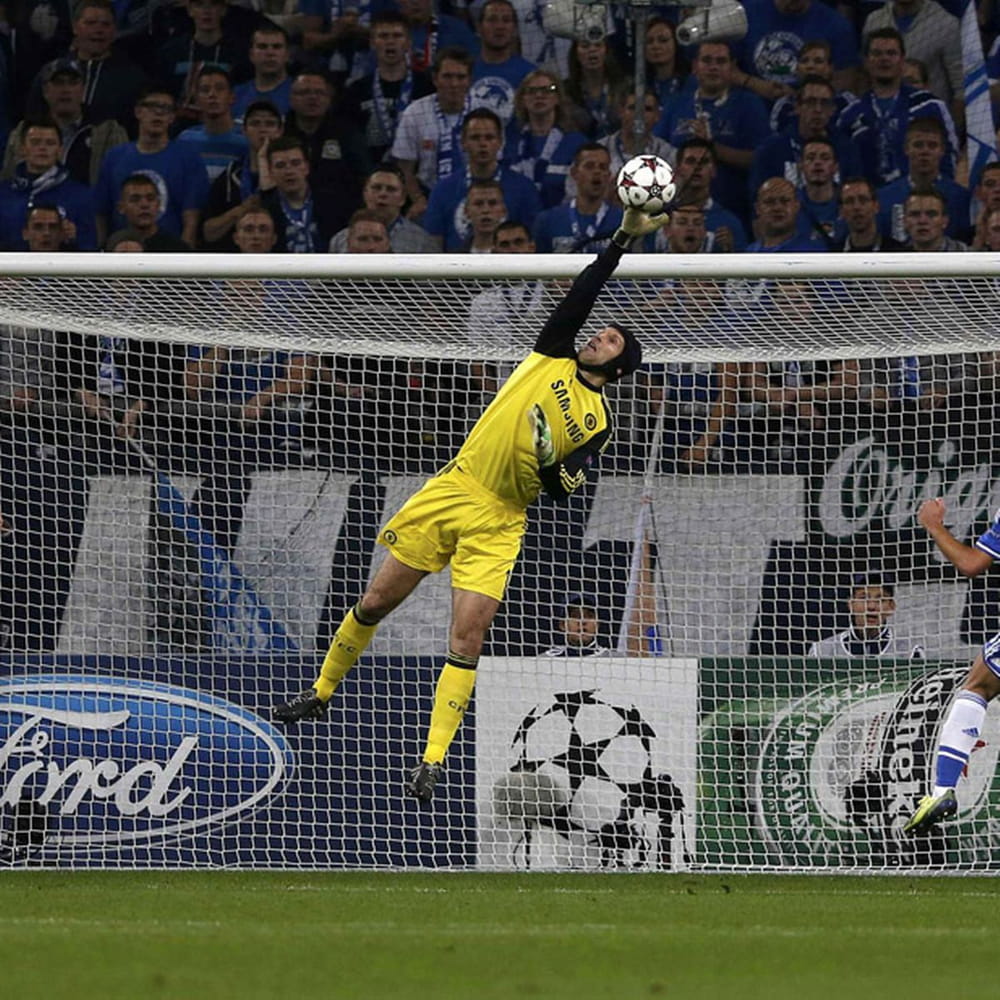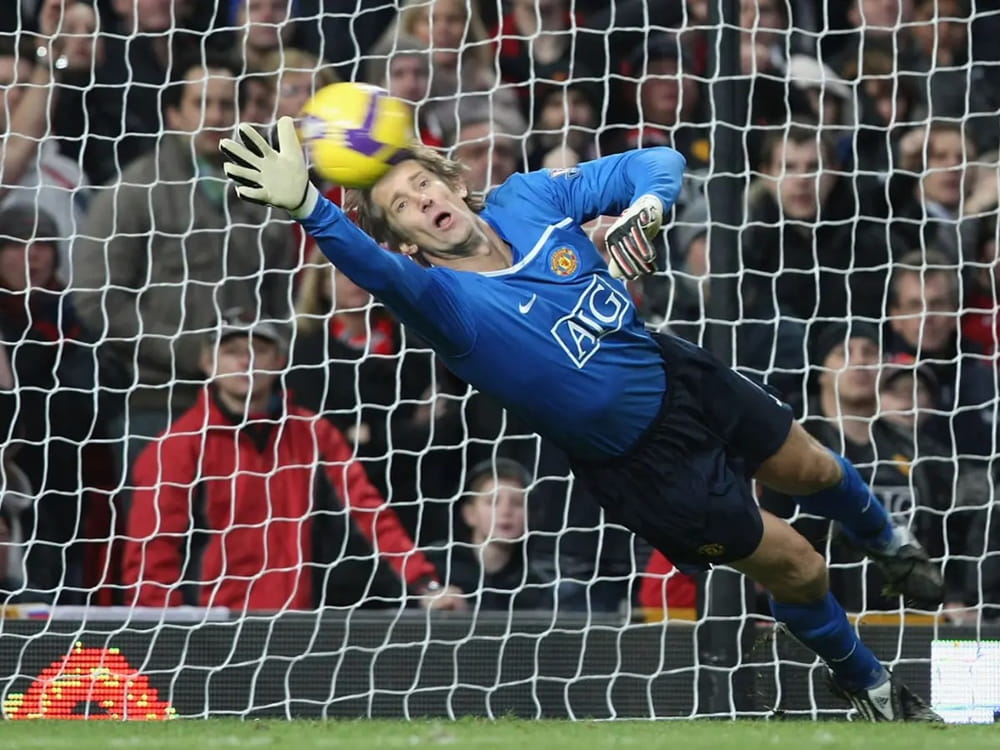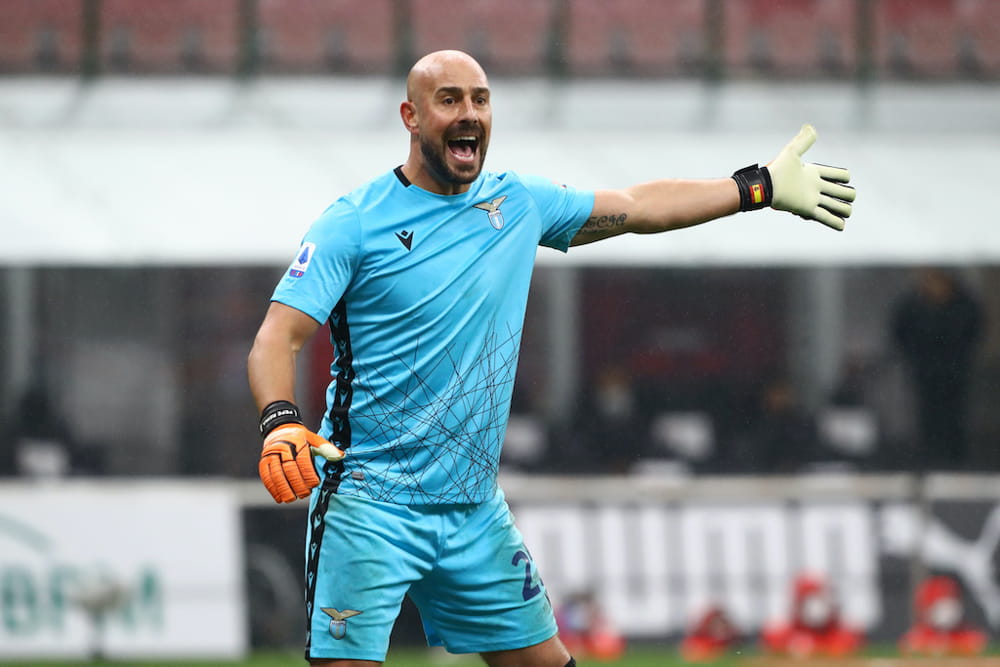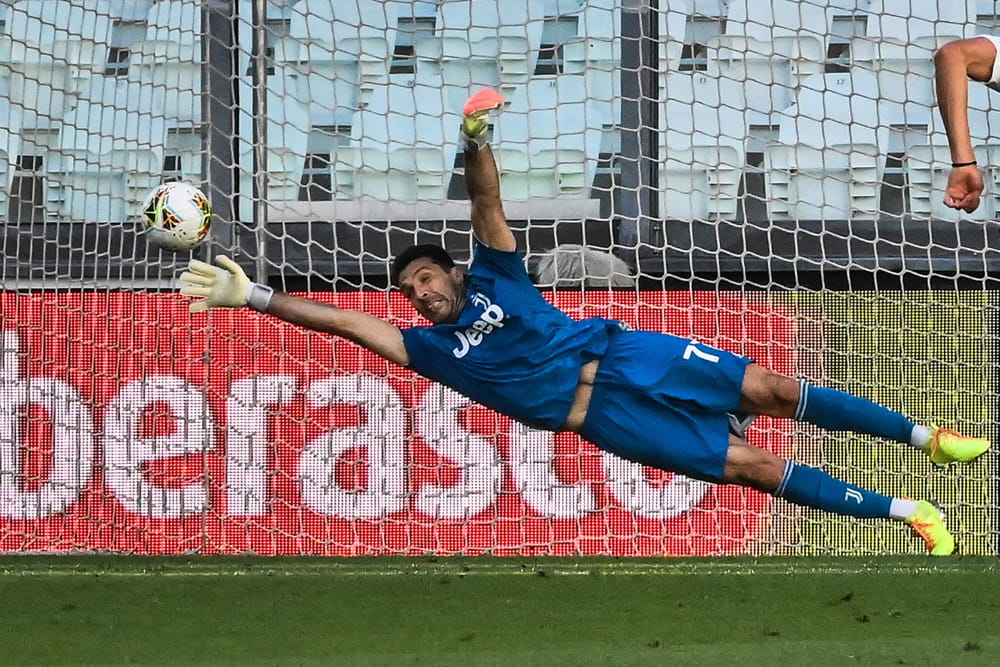The world of soccer is quite tricky and coaches tend to use many novel terms that you might have no idea about. One such term is called “clean sheet” which, when translated into English means to keep a net without letting the opponent score any goal. You might have wondered what this term actually means and how does it help the entire team in winning the match.
Let us give you some more information on what is a clean sheet in soccer and how does it affect winning of a soccer match.
Meaning of Clean Sheet in Soccer Game
A clean sheet is when the goalkeeper doesn’t allow the opposition to score any goals during that game.
A clean sheet, or a shutout as it’s sometimes called, is a term used both in soccer and in ice hockey. It is used to describe when one team, or player, does not allow the opposition to score any goals during that game and often this team wins. This is also often referred to as a goalless draw.
A clean sheet may also refer to the goalkeepers performance of keeping the opposing players from scoring on him/her during that game. The goalkeeper’s performance may be called a clean sheet, goalkeeper clean sheet, or goalkeepers’ clean sheet .
Why Do We Call It a Clean Sheet?
In soccer or in hockey, when team effort leads to it having a good defense and it does not give up any goals it is called “a clean sheet”.
In hockey, clean sheet means that no points have been scored against the goaltender. In soccer, this means that the goalkeeper did not allow any points to be made by the other team.
It’s called a clean sheet because keeping a team from scoring any goals during that game is very difficult, requiring a lot of concentration, focus, energy, timing and teamwork.
Ensuring Clean sheet is not something easy to do, so when it happens it’s called a “Clean Sheet”.
How Common Are The Soccer Clean Sheets?
In soccer, the clean sheets are comparatively more as compared to ice hockey. In ice hockey, there can be a lot of scoring and goals scored by both teams in the same game. In soccer only one team gets to score the goals during a match.
There have been many famous cases of shutouts in association football matches, including Sir Alex Ferguson’s Manchester United side in the Champions League, who did not allow their opponents to score any goal during the entire season.
The most recent example of a clean sheet was seen when Manchester City defeated Queens Park Rangers 1-0 at The Etihad Stadium on 1 February 2013.
This game was also considered as The Championship match which holds historical significance as Manchester City was declared as the winner of The Championship on 16 April 2012.
Is It Easy to Ensure a Clean Sheet in a Soccer Game?
A clean sheet is very difficult to achieve as scoring goals is much easier than not allowing them to score.
It takes a lot of practice, training, focus and energy to keep the other team from scoring during that game.
Even if it is easy for you, chances are that your opponent will end up scoring some goals against you. The best thing to do is make sure that your opponent doesn’t score any goals during the entire game. This would be considered a clean sheet and your team will surely win the match.
How Do You Calculate Clean Sheet in Soccer?
To calculate clean sheet, simply subtract the number of goals made against you from the total number of goals during that game.
For example, if your team allows 0 goals to be made by the opponent team and scores 3 goals during the same match, then you have a clean sheet of 3. This means that no points were made against your team.
Has There Been Any Clean Sheet Case in Champions League Final?
Yes, many times. There have been several Champions League final’s with Clean Sheets.
The first one dates back to the year 1997 when Borussia Dortmund defeated Juventus 3-1 during the 1997 Champions League Final at Munich Olympiastadion, Munich.
The last Champions League final with a clean sheet was in 2012 when Chelsea defeated Bayern Munich 4-3 in a penalty shootout and won the title of UEFA CL.
Goalkeepers Having Cleanest Sheets Against Opposing Team
Many famous goalkeepers hold the record of having the most number of clean sheets against their opponents. Here are the top successful goalkeepers when it comes to clean sheet maintenance:
1- Petr Cech
Petr Cech is a Czech professional goalkeeper who plays as a player of English club Arsenal and the Czech Republic national team. He made his senior debut for Chmel Blšany in 1999, having previously played for Stříbro and Rennes, then moved to Sparta Prague in 2001.
In August 2011, he was transferred for €11 million to Chelsea, where he won four UEFA CL titles in a row (twice with Chelsea) and also one Premier League title. He also holds the record of Czech First League clean sheets (125).
Petr Cech has 16 clean sheets against opposing teams in his career.
2- Edwin Van der Sar
Edwin van der Sar was a Dutch footballer who played as a goalkeeper. He is the most capped player in the Netherlands national team’s history, having appeared 130 times for his country.
During his career he has won numerous awards including both UEFA Club and Player of the Year awards in 1992 , four consecutive Premier League Golden Glove awards from the 2006-07 season to 2009–10, and was included in the PFA Premier League Team of the Year four times .
Van der Sar has 15 clean sheets against opposing teams in his career.
3- Pepe Reina
Pepe Reina is a Spanish footballer who plays as a goalkeeper for Italian club S.S.C. Pepe Reina has 12 clean sheets against opposing teams in his career.
4- Gigi Buffon
Gigi Buffon is an Italian professional goalkeeper who plays for and captains both Serie A club Juventus and the Italy national team.
He is widely regarded by players, pundits and managers to be one of the greatest goalkeepers of all time, and , along with Gianluigi Buffon as the only goalkeepers to be named to the FifPro World XI on six consecutive occasions. Gigi Buffon has 11 clean sheets against opposing teams in his career.
Conclusion
Clean sheets are very important to keep track off, because it shows how well your goalkeeper is doing. It’s not just limited to football, but can be applied to other sports as well. We hope you liked our article about this topic. See you next time!

